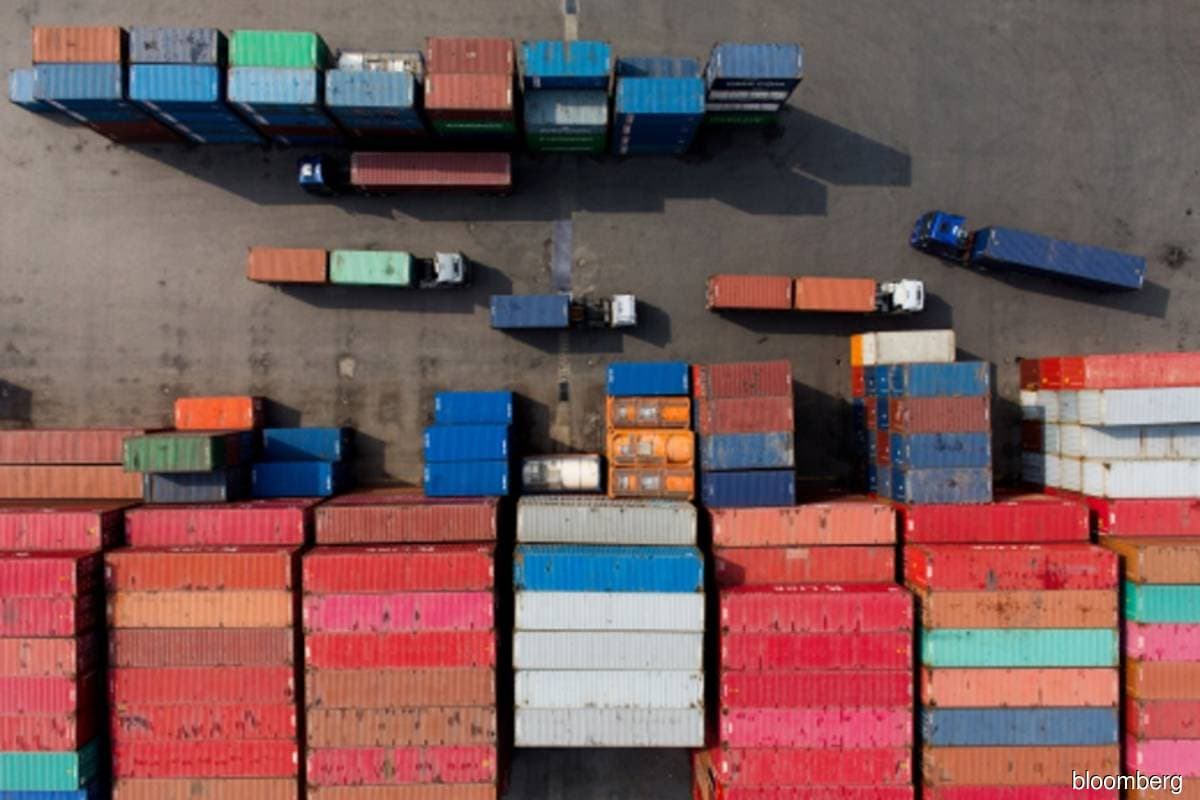
KUALA LUMPUR (Dec 21): Disruptions in supply chains due to China's reopening, labour crunch, climate change, and global geopolitical tensions are costing the Malaysian economy RM8.7 billion a year, according to business transformation consultancy, TMX Global.
TMX Global’s country manager of Malaysia and Singapore, Greg O’Shea said this is based on an estimate that supply chain issues are costing companies an average of 0.47% in lost revenue globally.
“This means that in view of Malaysia’s gross domestic product (GDP) of RM1.851 trillion (US$434 billion), businesses in Malaysia are losing over RM8.7 billion a year in sales due to supply chain woes.
“Over the last two years, Malaysia has had to grapple with various disruptions to trade and supply chains. Amid economic and political changes like China’s Covid-19 policies, and the prolonged war in Ukraine, the country also experienced flooding in a total of 108 areas last year,” O’Shea said in a statement on Tuesday (Feb 21).
O’Shea said for a country that relies heavily on imported raw materials for its manufactured exports, it meant that the production of goods was also affected.
“For businesses, these disruptions, which are still ongoing, also have an impact on cashflows and bottomlines,” said O’Shea.
Citing GDP figures for 4Q2022, wherein exports have contracted by 1.8%, he said supply chain disruptions have notably impacted semiconductor manufacturers as a result of the unprecedented global chip shortage since mid-2020.
“The semiconductor industry is a significant pillar of Malaysia’s economy, with 7% of the world’s semiconductor-trade passing through the country.
“Amid predictions that global growth will slow down this year, and with international uncertainties unfurling at real time such as the effects of China’s reopening, businesses must rethink their supply chain strategies and focus on building the resilience of its supply chain to be prepared for any shocks. Not doing so is a risk to the business and the economy, as demonstrated by our analysis,” added O’Shea.
Therefore, he said there is a need to refine people, process and technology for resilient supply chains.
These are in line with some of the key initiatives including Empower Malaysia, which seeks to spearhead the transformation of supply chains in the country through artificial intelligence and automation, while also considering the need to accelerate talent development in this space.
While such initiatives are important in creating an enabling environment and kickstarting efforts to strengthen the supply chain, O’Shea commented that the responsibility ultimately lies on business leaders to ensure their supply chains are future-proof.
“The pandemic and the global semiconductor crisis brought about a key lesson for businesses in all sectors — and that is, it is key to adopt a long-term supply chain strategy that optimises the entire value chain and that leverages innovative solutions, and more importantly, can ensure business continuity even in unprecedented situations.
“As the world continues to recover from the impacts of the pandemic and as we approach the new year, now is the best time for businesses to already start putting some of the key lessons learnt from supply chain disruptions into practice. Using the valuable insights gathered from the last two years, the team at TMX is looking forward to work with businesses in the region to optimise their supply chains and business operations,” said O’Shea.